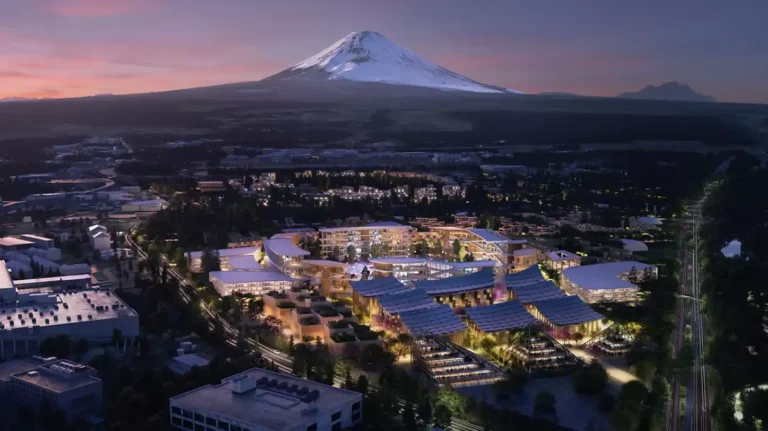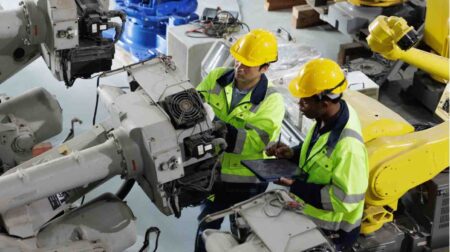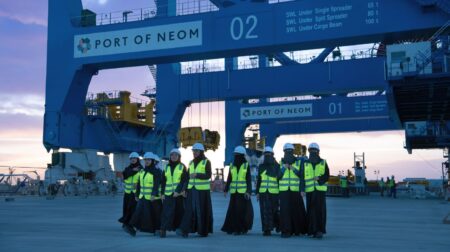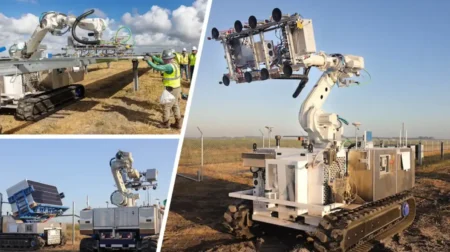Woven City, situated at Mount Fuji’s foothills, has reportedly neared completion. The project from automaker Toyota is set to house 2,000 residents by the end of 2024 and was developed to combine cutting-edge innovation and sustainability.
Announced in 2020 with construction beginning in early 2021, the robotic city will serve as a testing ground for Toyota’s self-driving vehicles. These vehicles, with advanced sensors, are set to navigate its streets and collect valuable data.
The 175-acre site was designed by Danish architect Bjarjk Ingels, with electricity set to be generated by hydrogen powered fuel cells as the central energy supply.
With smart homes powered by hydrogen, the £7.8bn city encompasses an eco-friendly urban design.
Toyota president Akio Toyoda envisions it as a digital ecosystem with seamless connectivity, adding: “Building a complete city from the ground up, even on a small scale like this, is a unique opportunity to develop future technologies, including a digital operating system for the city’s infrastructure.
‘With people, buildings and vehicles all connected and communicating with each other through data and sensors, we will be able to test connected AI technology in both virtual and the physical realms, maximising its potential.’
Rooted in Japanese tradition, many buildings feature traditional wood architecture, built with a mix of craftsmanship and automation.
As Woven City prepares for its first residents, Toyota has said the project symbolises humanity’s desire for progress and offers hope for a sustainable future.








